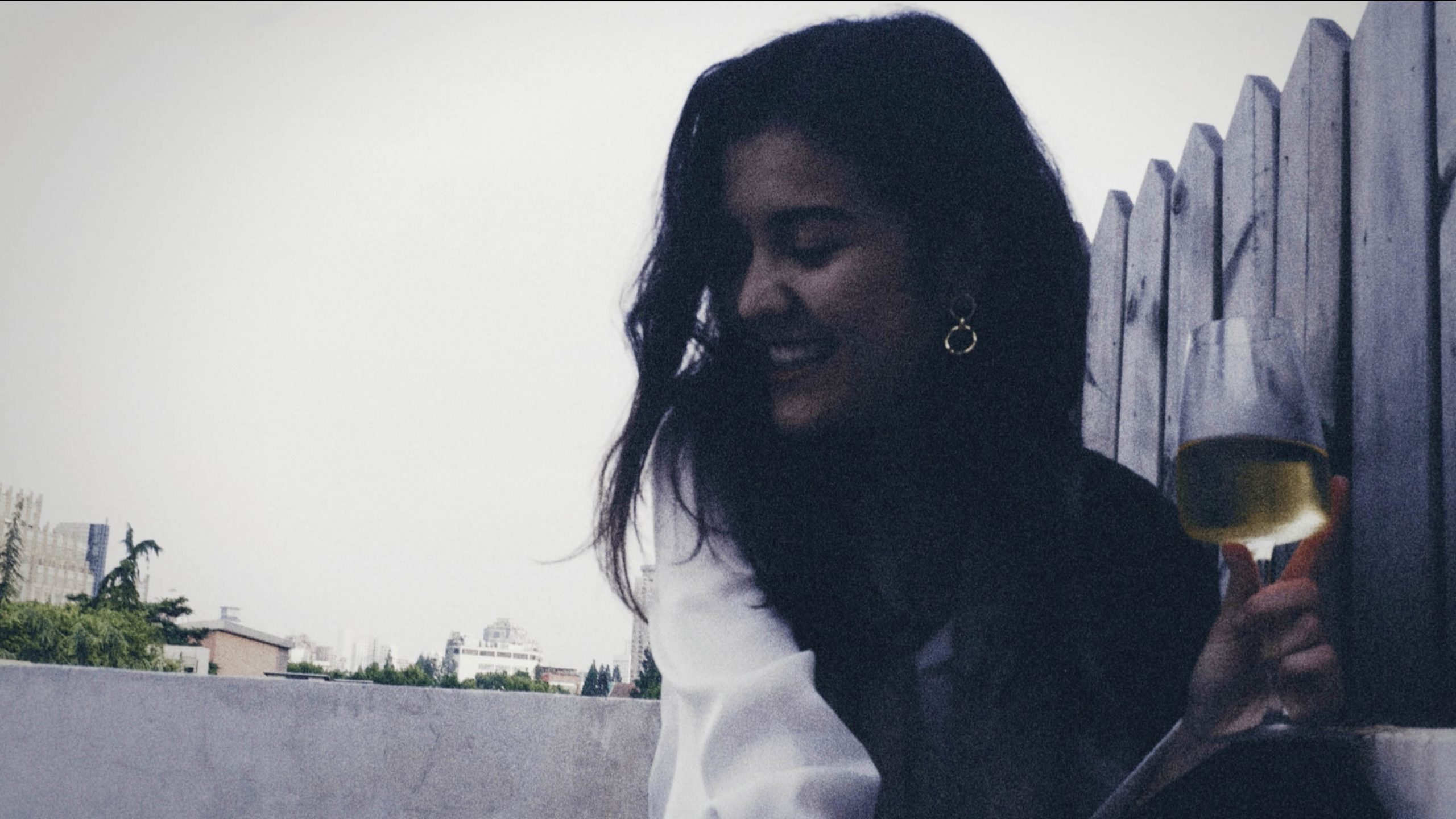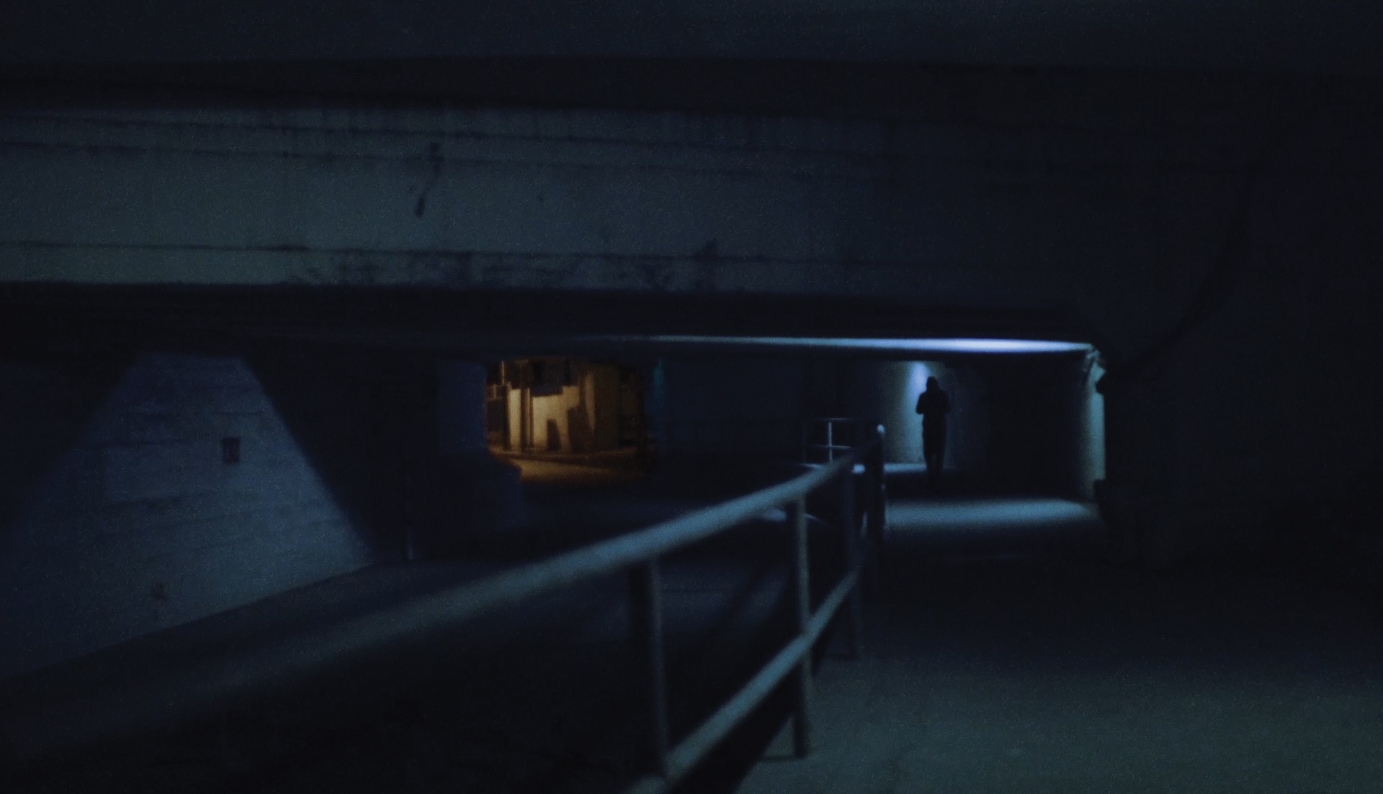Breakfast with The Nightwalk
Interview with Adriano Valerio, director of The Nightwalk
How did you meet Jarvis? Did he easily open up to you?
Jarvis is one of my best friends. We have been friends for years, and have always been very close. The only gap in our correspondence was just after he moved to Shanghai. I now understand why, the reason being one of the film’s subjects. We actually wrote the script together and he is the author of the photos that are the basis of the film’s story. I also think that this film was a way for him to overcome the trauma he experienced, by juggling very personal elements of his story with some fictional elements.
How did the shooting take place? Were you on location? Did he send you photos and videos?
The film was made by mixing three distinct sources. First, the photos I received from Francesco/Jarvis, which serve as a documentary element of what he experienced. Then, there is a very free, archival search that mixes extraits from films and other videos. The last part was done remotely, by communicating with the team in Shanghai from my office in Paris. This was the fictional reconstruction of the true story of Francesco/Jarvis.
Can you explain your choice of title?
It is simply inspired from a fundamental scene in the film. A walk at night. I wanted to keep the title in English, because the word exudes a higher degree of strength as compared to French, which requires the use of two words to express the same concept.
What do you like to work on as a director?
I like to mix it up, whether it be in format or genre. I alternate between short and feature-length films, between documentary and fiction. I had the opportunity to shoot a police series. My future projects are equally as varied. Once a story calls out to me – really calls out – the format or length no longer matters, I go for it.
What do you think the future holds for short films?
My knowledge of production/distribution mechanisms is not strong enough to make predictions about the future. On the other hand, I am very familiar with short film festivals, and I think that there is a solid place to protect this format. In Italy, in particular, festivals are a real form of resistance against a distribution system that is much less rich than the French one. But it is a passionate resistance, with deep roots, and which makes me very hopeful.
If we were to go back into lockdown, what cultural delights would you recommend to alleviate our boredom?
I always say that what really counts is to remember to choose. To give importance to this word. When it comes to watching films while the theaters are closed, I can recommend MUBI, LaCinetek, Tënk, old DVDs, no matter. Just as long as one is capable of choosing where we want to find our poetry and our entertainment. In this moment of cultural history, if we are not actively choosing, someone else will choose for us without us even realizing it. If we are passive, we are quickly homologated, and we are culturally dead.
The Nightwalk is being shown in National Competition F3.










